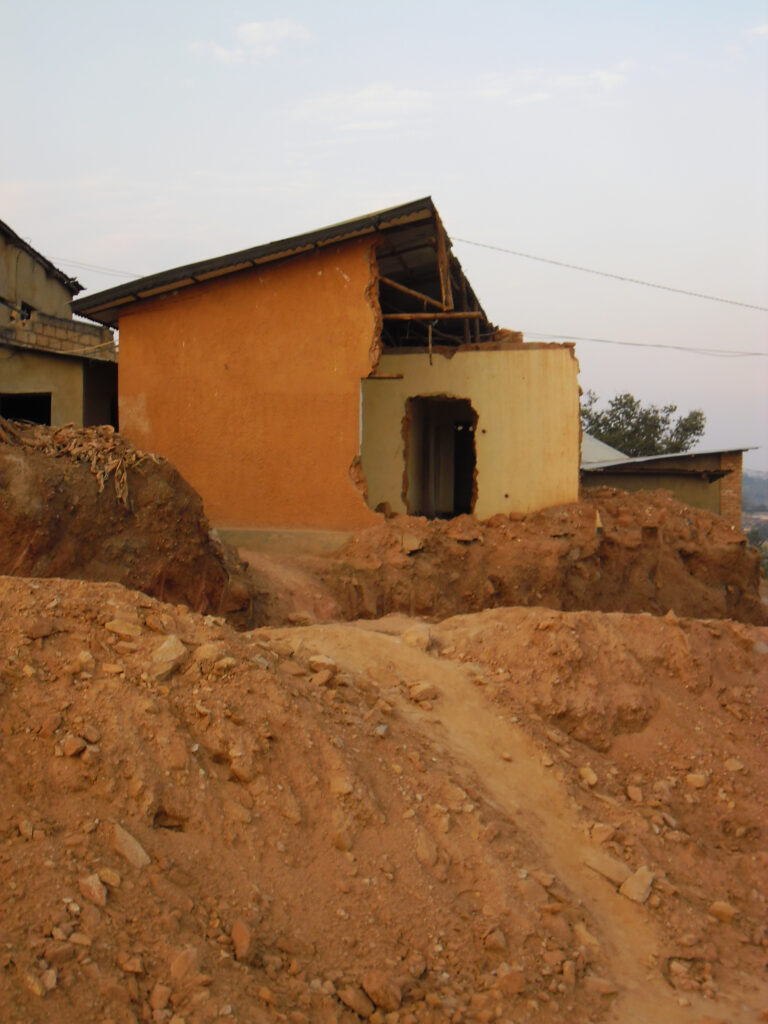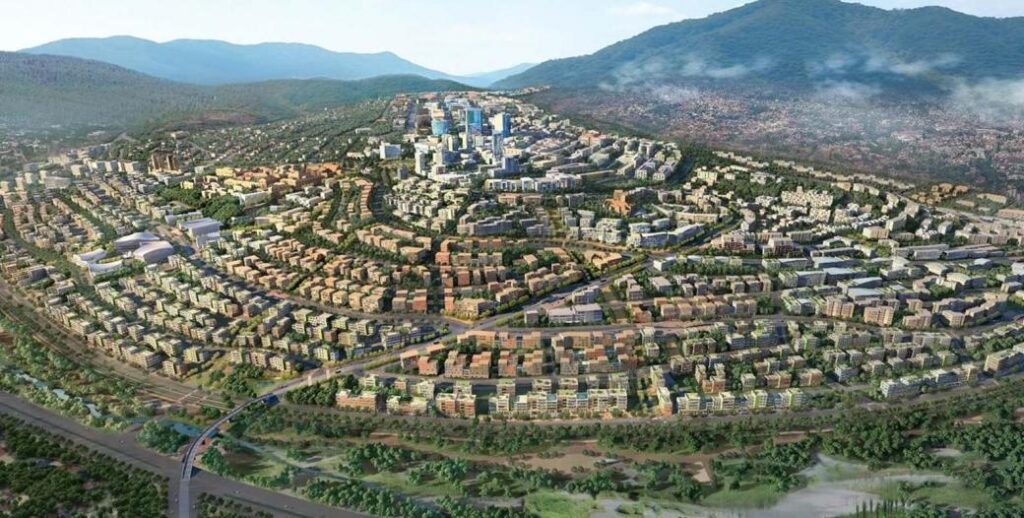Interview with Faculty Fellow Samuel Shearer
“When most non-Rwandans hear ‘Kigali’ or ‘Rwanda,’ they often think one word: ‘genocide,’” says Samuel Shearer, assistant professor in the Department of African and African-American Studies and a Faculty Fellow in the Center for the Humanities. Shearer’s book-in-progress, “The Kigali After: A New City for the End of the World,” examines how this limited view of the city and its 1.2 million citizens has paved the way for outside investors to treat it as a clean slate on which to build an idealized, privatized, sustainable city of the future. “The (mostly non-Rwandan) authors of the Kigali City Master Plan claim to be rebuilding it from the ruins of the past,” Shearer says. “But Kigali residents have already rebuilt their own city.” Below, Shearer offers a closer look at this contradiction and more as he previews his book.

Briefly, what is your book about?
“The Kigali After” is an ethnography of a city that is being destroyed so that it can be rebuilt for the end of the world. It is about popular cultures and street economies where there is no public space; the production and defense of popular urbanism where the government has zero tolerance for “disorder”; and the manufacture of ruined built environments in the service of a project that is called “sustainable urbanism.”
The book follows these contradictions as they unfold during one of the 21st century’s most daring experiments in utopia and green capitalism: the Kigali City Master Plan, a series of international ventures in urban design, finance and marketing aimed at converting Kigali, Rwanda, from a post-conflict “wounded” city into an optimized hub of global finance and tourism with a green urban metabolism. Written by design firms in Singapore and the United States and financed by private capital and public debt, the Kigali City Master Plan is part of the United Nations agenda to reimagine the city as the solution to the dual crises of economic and ecological catastrophe.
The purported goals of The Master Plan are to build a privatized sustainable city from a tabula rasa in central Africa. The actual goal is to attract foreign direct investment. In this way, the plan is better thought of as a marketing brochure than a program to be implemented. Indeed, most of what has been built in the name of the plan are the infrastructures for a visitor class of investors and tourists: convention centers, hotels, a new airport.
The book itself is based on over 10 years of ethnographic research in Kigali, the capital city of Rwanda, the majority of which was done during an uninterrupted period from 2013–15 and then return trips to the city every year since. The research was done primarily in Kinyarwanda and included participant observation through embodied practices in the city — I participated in everything from illicit construction and infrastructure building to a lot of hanging out in the streets.
